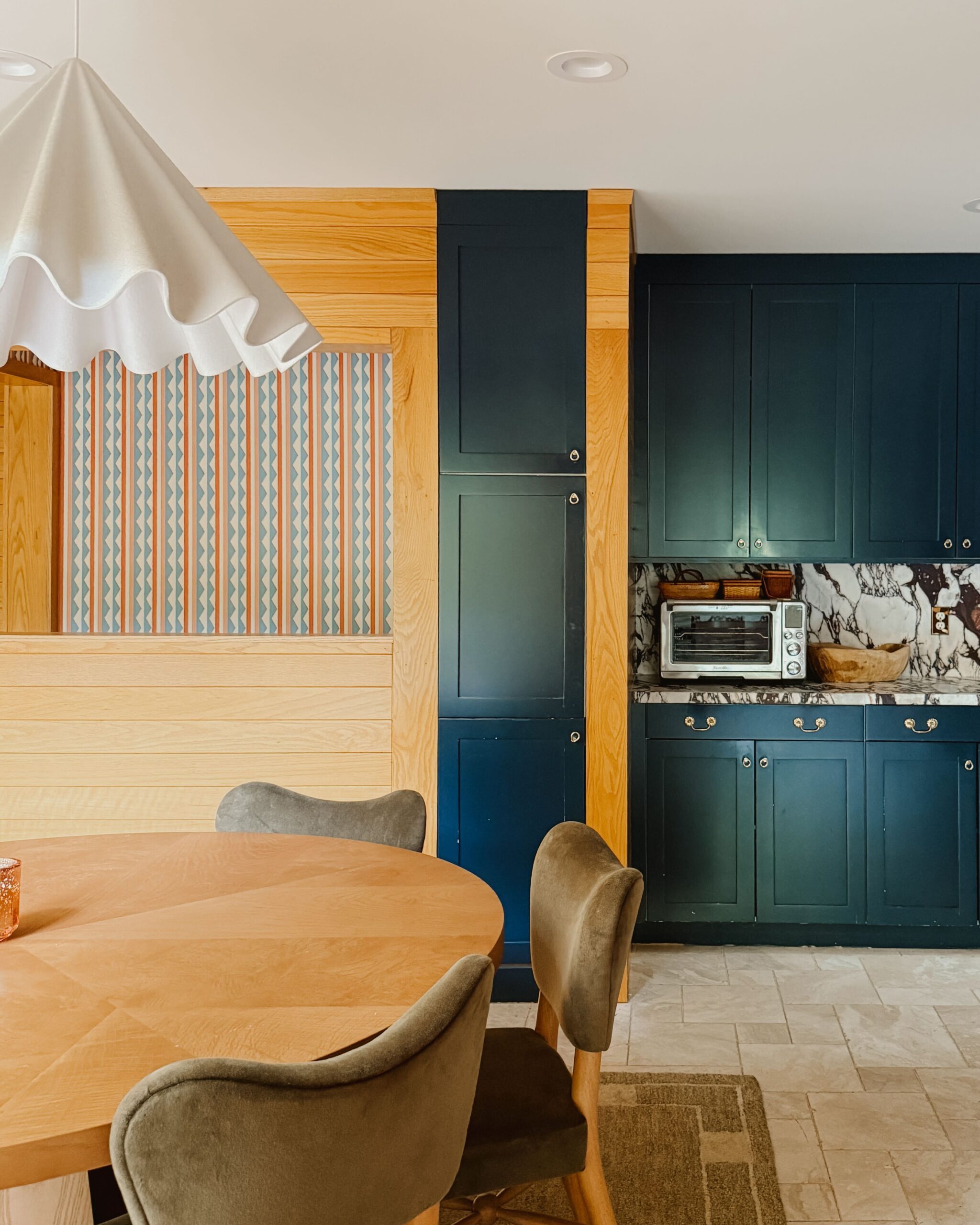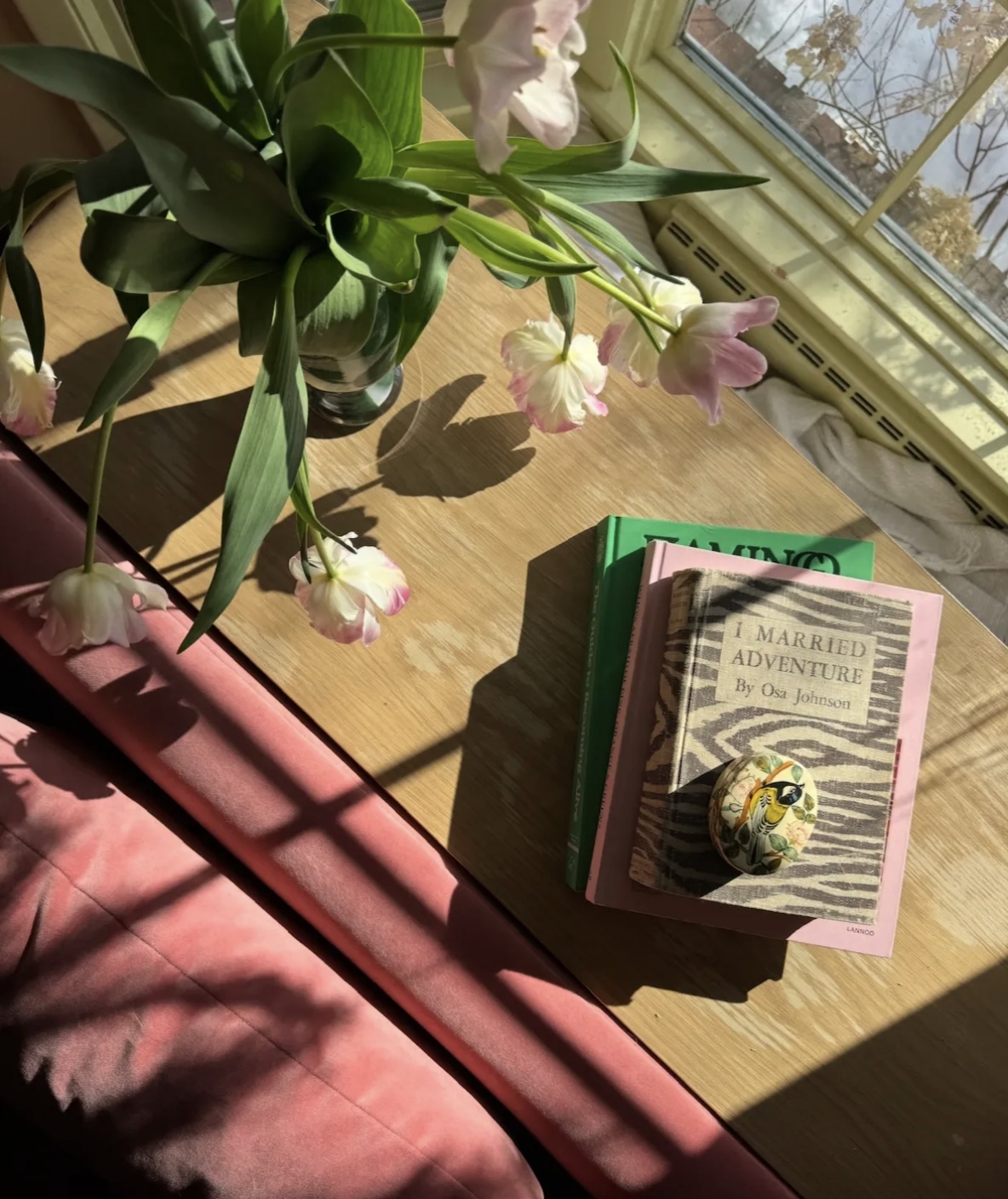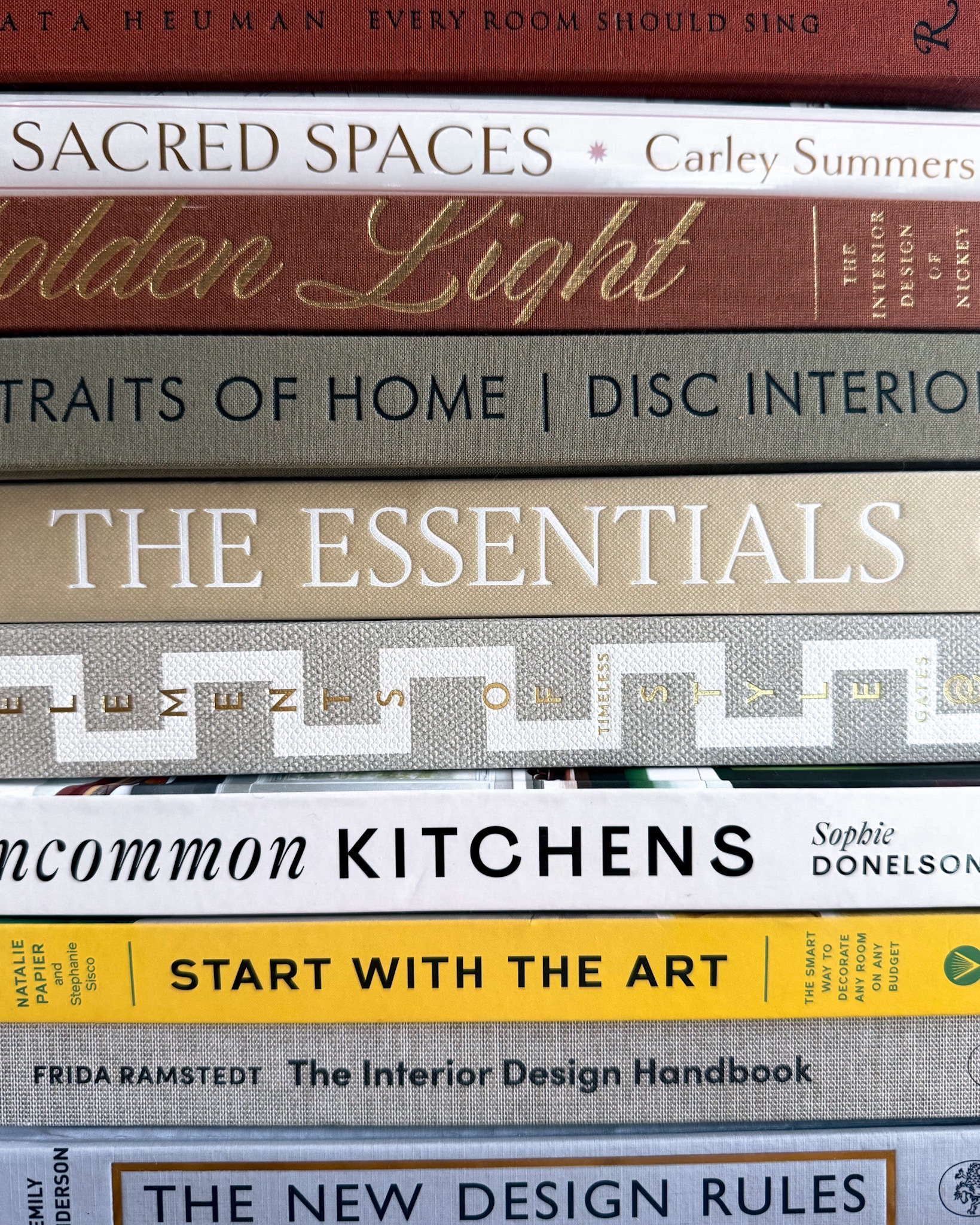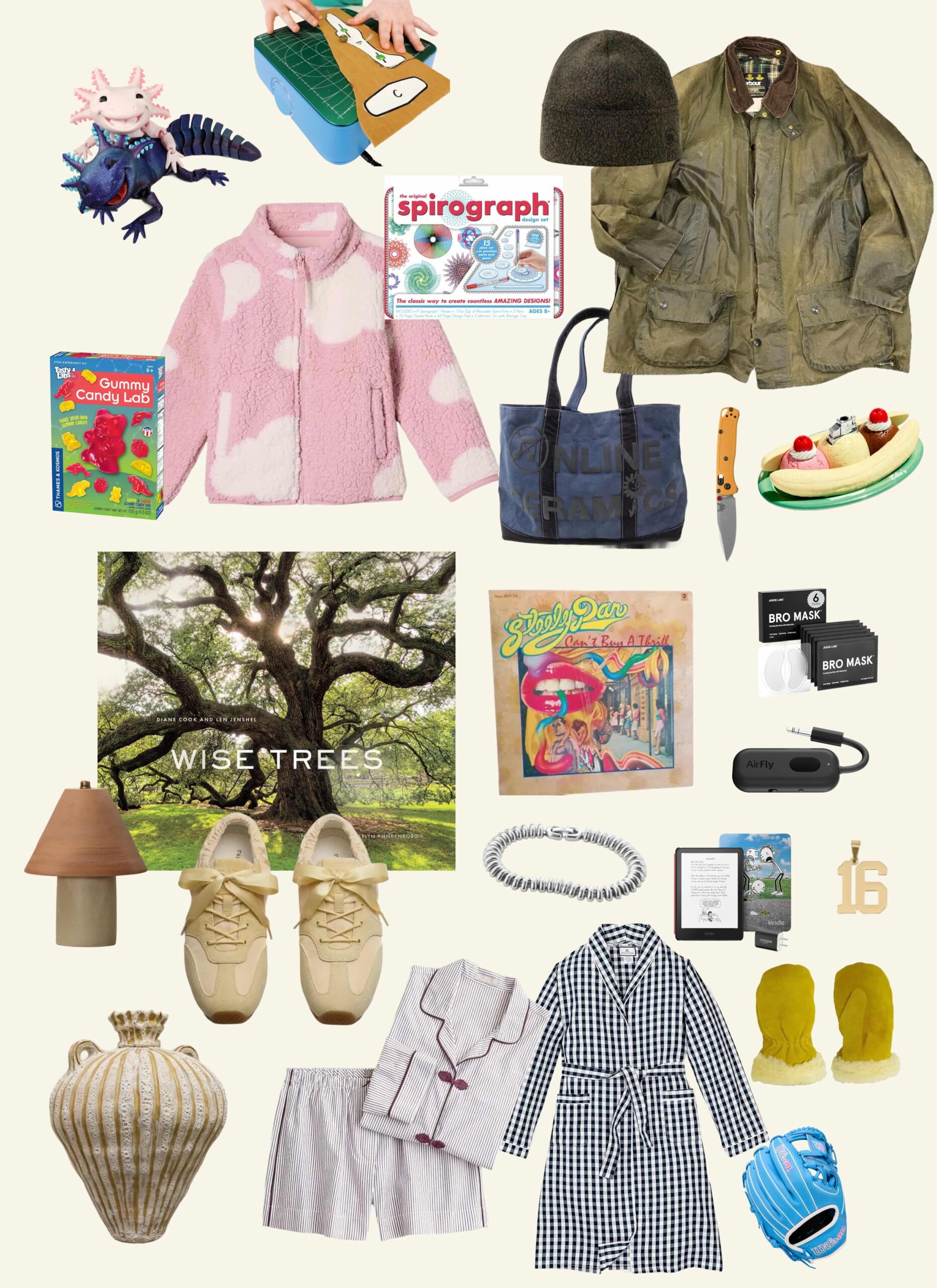

Self-discovery is a funny thing. It’s vulnerable and pressing. We don’t publicly seek ourselves but we want to share who we are with everyone online. Journaling is beneficial because it forces us to sit down and find center and reason through writing privately, which is why I love writing in the first place. Writing starts first in the act of saving ourselves, but in the end, it saves others too.
However, journaling is hard. And most of the direct prompts articles online are stiff and restrictive: What’s your earliest memory? What is something you regret doing? What’s something you regret not doing? Journaling can be stressful because it is about being vulnerable with your self-identity. It can be difficult to sit down every day to write and observe hard-hitting questions. So, what do we need? Randomness, weirdness, rule-breaking, and the freedom to write badly. Self-discovery is messy, so the journey can be too.
Journaling is hard. . . . It can be difficult to sit down every day to write and observe hard-hitting questions. So, what do we need? Randomness, weirdness, rule-breaking, and the freedom to write badly. Self-discovery is messy, so the journey can be too.
A few years back, I took a poetry class that introduced me to Bernadette Mayer, American poet, writer, and visual artist. She is also an incredible teacher. Her list of journaling prompts changed the way I approach writing. Her prompts are delectable and unique, casual and delectably weird. I wrote down some of my favorites below, with my own spin and challenges embedded inside each prompt. They’ve helped me discover myself, feel free and weird inside all of that, and establish myself as a writer.
Challenge: Try one prompt a day for a month. I think you will be delightfully surprised.
Now: Take a deep breath in, grab a pen, and exhale the pressure to be anything.
1. Write for a minute (in detail) about one thing. Here’s a list of things to get you started: repetitive visions in dreams, shrill sounds, “pink” sounds, dangers, mail, color, the body and its parts, weather, rooms, ugly views, beautiful views, ideas for plumbers and architects, love, round or rectangular things, telephone calls (transcript), clocks, a history of one’s own writing life, stoves, phones.
2. Instead of using a journal, write on paper against the wall. (Writer’s Note: Write with a pencil. Pens require a lot of pensive shaking.) If you’re outdoorsy, get outside and write on a rock. Write upside down.
3. For a week, try writing very minimally. I call this the “Whole30 Writing Diet.” When you sit down to write, only write one sentence. This restricted writing makes your (weird and wonderful!!) brains want to write more. A secondary thing to try with this exercise: Every day, rewrite the same sentence until you get it “right.”
4. Create a collaboration journal with someone. You can alternate day-by-day with another writer or a few writers can write about the same subject each day. The journal can live on Google Docs and you can have different themes each day (e.g., poetry, music, screenplay).
5. Write every day at the same time. Name the routine: lunch poem, happy hour sonnet, waking ideas, etc.
6. Pick a word at random and sit with it for a while. Think about this word while you have coffee (let the mind play around it, as Bernadette Mayer would say) and begin to write.
7. Eliminate the use of certain words in your writing. Make it a rule to remove all adjectives or adverbs when you write. Or take out words beginning with a certain letter. This typically makes writing more powerful and active. And it’s a challenge!
8. Experiment with writing fast. And then slow. Write with a calligraphy pen on paper. Try to type three paragraphs in a minute. Find what works for you.
9. Take an idea, anything that interests you, or an object, then spend a few days looking at it and noticing different angles of its shape. Look up its definition in the dictionary. Notice how it smells, how it moves, how it pulls you in. Make notes as you go, on your iPhone notepad. Let your brain sizzle with it. Then, try to create a situation or surrounding where everything that happens in your writing follows this idea or object.
10. Do experiments with the senses. For example, record all sense images that remain from breakfast, study that sense, and write about how it lets you escape. I correlate escape with travel, so I could try writing about how eating French toast makes me feel like I’m airborne; amongst the clouds. You could write about where hearing a saxophone places you in setting. Or, how smelling fresh wood chips makes you feel like a kid again.
11. Restrict your journal. For a whole month, only allow it to be set to one subject. For example, make it a food journal. Or, a journal that is only written when it’s raining. A tip from Bernadette Mayer: “Remember that good journals do not have to involve “good” writing – they are to be made use of. Simple one-line entries like “No snow today” can be inspiring.”
12. Write on a piece of paper something that has already been written. I love, for example, to rewrite Rūmī (I’m not used to his kind of writing). Or, authors I admire like: Alice Walker, May Sarton, Zora Neale Hurston, Maya Angelou, and Eve Babitz (to name a few).
13. Rip pages of a book out at random (pictures can count if you don’t want to get wild) and study them as if they were poetry. Write about the truth based on these pages. Bernadette Mayer calls this “epistemological work.”
14. Write about a secret. Then, write about what you share. If you want a challenge, mirror both of them. Write about a secret and something very public, and compare how like-minded they are together.
15. Write a “soothing novel” in ten short paragraphs. And by soothing, I mean write a condensed Nicholas Sparks novel. Write about love. Write in prose. Write only while listening to ocean sounds. Rewrite a detailed version of The Very Hungry Caterpillar in your own, consoling words.
16. Write a list. Some list ideas: ways to make love, things in your medicine cabinet, things in your garbage, things your mother says to you, ways to clean your car.
17. Try “invisible writing.” Another brilliant phrase coined by Bernadette Mayer. Write without looking at the computer screen, for example, and attempt to keep your mind filled with random ideas while you type. Dump it all out, essentially.
18. Write only using questions. This one was one of the hardest for me to conquer (Writer’s Note: I’m a foofy, flowy sentence girl). But, this prompt is great for learning how to write effective transitions and how to understand “what you want to know” for future pieces of writing. Dialogue is fun to use for this one, since humans often interrupt each other. I suggest picking one topic and sticking with it, to create a sort of barrier to start writing.
19. Write the longest most beautiful sentence you can imagine. Make it a whole page long. Tip: Write a list of things first and go from there. List the items in your refrigerator, jot down a packing list, or create a list of places you want to visit in San Diego. Lists are beautiful and they can be effortlessly transformed into beautiful sentences.
20. In a poem, list what you know to be sure. Here are a few things I know for sure: Time is a construct, I am my mother, love conquers all, and we are not alone. Now, what do you know? Write a haiku about that.
21. Write, in prose, about cooking. In fact, write a screenplay about a cooking show or a shopping network program. I highly suggest watching a Rachel Ray Show episode for dorky inspiration.
22. Attempt to write a series of poems (or just one) that will change the world. Name them something powerful. Believe in them. Print them out and post them on your wall.
23. Take one of your favorite poems and write a response. I love writing dialogue. Write a conversation between you and the poet who wrote it. Make it messy. Conversations are messy.
24. Write as if you are writing in a dictionary, an almanac, a phone book, etc. Or, write a dictionary for another Universe. Write a phone book from the fifties.
25. Take a long walk and write a sentence on each block. This could work on a drive too. If you’re the passenger, write one sentence per mile. When I did this, each block gave more than one sentence to me. I wrote paragraphs. And honestly, I couldn’t stop. I also took a notebook on a trip down the Pacific Highway and wrote over 10,000 words about what I saw. That’s why this prompt can be simple. If you feel pressure, simply write what you see.
26. Choose a subject you would love to write about. Then, (surprise!) attempt to write a journal entry that avoids any relationship to that subject. Really challenge yourself and take something you often write about and go in a completely different direction. This one can be completely random. For example, I love to write about words. So, instead, I’ll probably have to write about badminton to stay out of the topic. Restricting our writing somehow oftentimes makes us feel more energy. It’s weird, but wonderful.
As a lasting note, a poem by Bernadette Mayer herself. This one is called “Failures in Infinitives” and it’s one of my favorites.


Brittany Chaffee is an avid storyteller, professional empath, and author. On the daily, she gets paid to strategize and create content for brands. Off work hours, it’s all about a well-lit place, warm bread, and good company. She lives in St.Paul with her baby brother cats, Rami and Monkey. Follow her on Instagram, read more about her latest book, Borderline, and (most importantly) go hug your mother.
BY Brittany Chaffee - October 25, 2020
Most-read posts:
Did you know W&D now has a resource library of Printable Art, Templates, Freebies, and more?
take me there
Get Our Best W&D Resources
for designing a life well-lived




Thank you for being here. For being open to enjoying life’s simple pleasures and looking inward to understand yourself, your neighbors, and your fellow humans! I’m looking forward to chatting with you.
Hi, I'm Kate. Welcome to my happy place.

















That is one of my problems. I can understand myself!
I’m sure it’s beautiful!
Wonderful
Thank you! Let me know which ones you try!